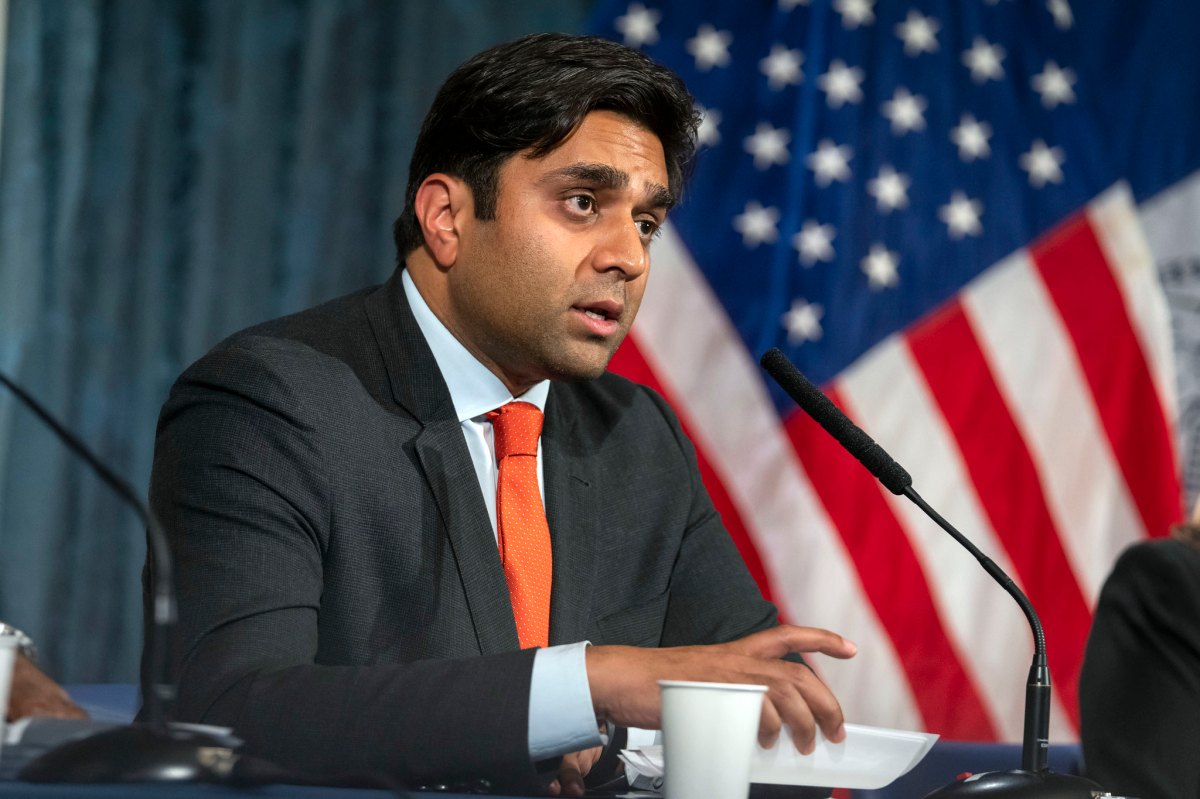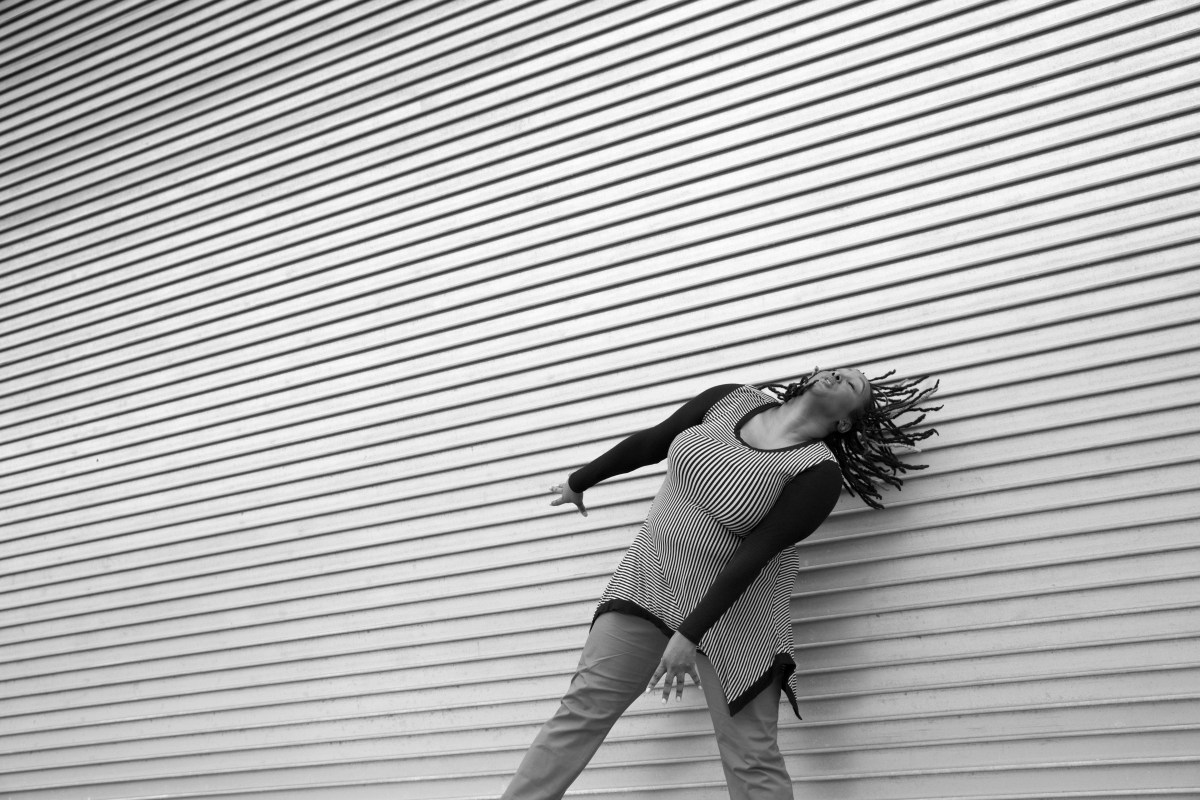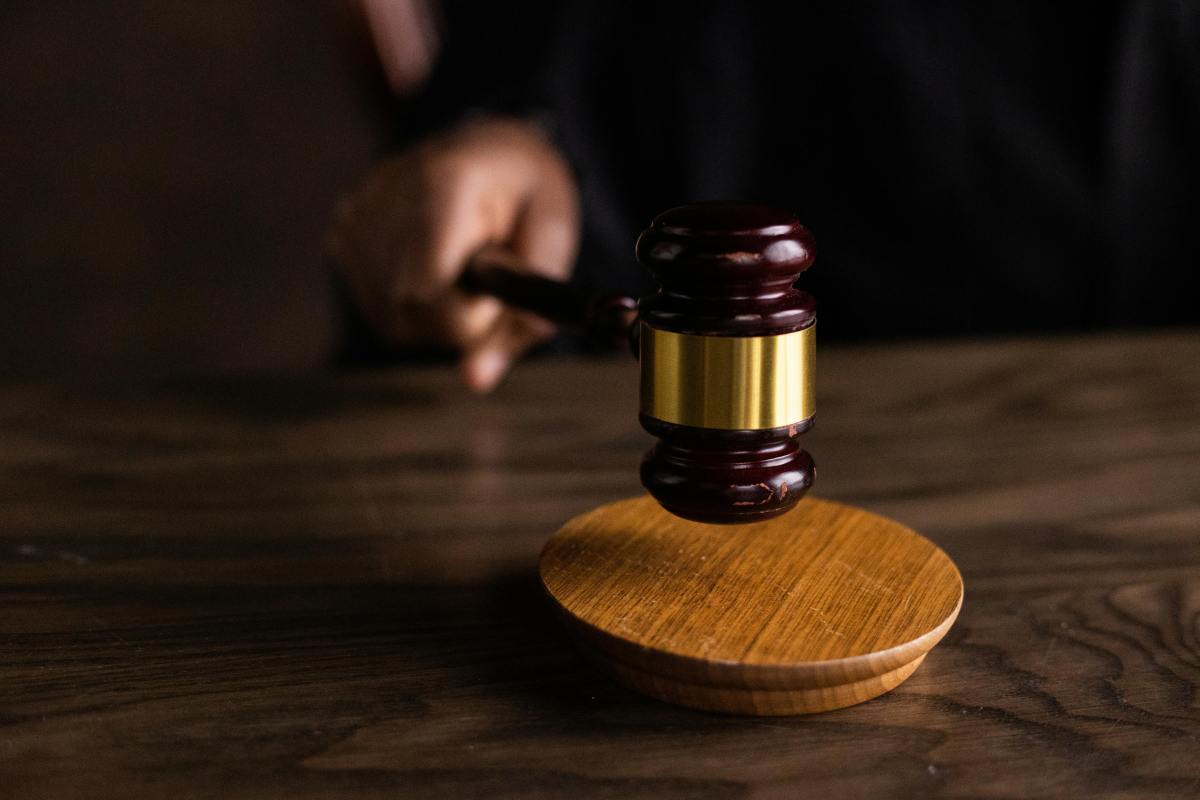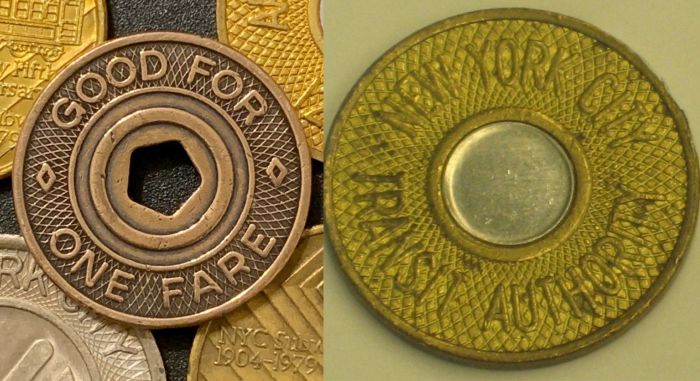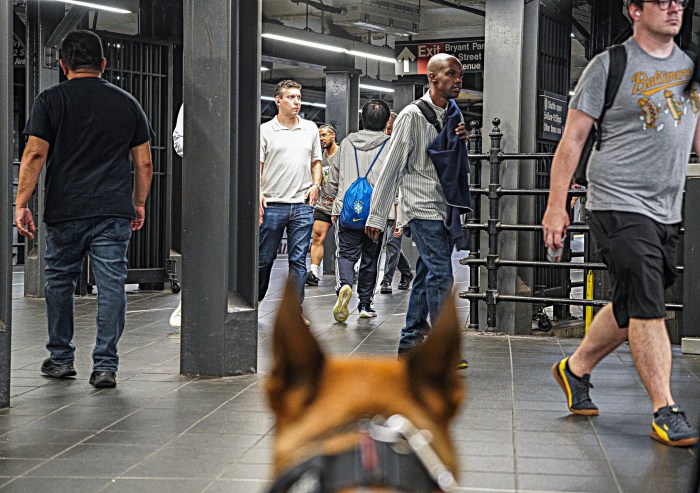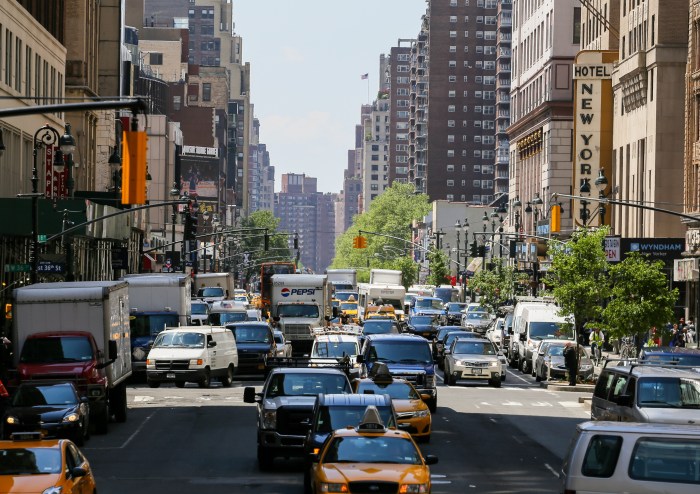
Motorized e-bikes and e-scooters would be legalized in New York City through legislation set to be introduced in the City Council on Wednesday.
The four bills would pave the way for the rollout of what the lawmakers describe as emerging environmentally-friendly transportation options that are already fairly common in cities around the world.
The measures could rankle Mayor Bill de Blasio, who last year launched a ticketing and confiscation blitz on the same throttle e-bikes the legislation would legalize. But it could signify a victory for immigrant and transportation advocates who believe that the administration’s crackdown harms the delivery workers who depend on the bicycles to ease the burdens of low-wage, physically-demanding jobs.
“For too long, delivery riders and other New Yorkers who are looking for easier forms of transportation were being penalized unfairly just because of the type of bicycle they were riding,” said Brooklyn City Councilman Rafael Espinal, who is sponsoring three pieces of the legislation. “I think that other cities have embraced them and it’s our time to do the same here in New York.”
One bill would legalize throttle e-bikes capped at 20 mph while reducing the fines for unauthorized bikes from $500 to $100. A second bill will also create a city-funded, Department of Transportation-run program to convert illegal e-bikes into legalized versions, according to executive summaries of the legislation provided by Espinal’s office.
Espinal did not have an exact figure for the conversions, though he estimates that there are roughly 50,000 e-bikes among delivery workers and that conversions would cost about $1,000 per bike.
A third bill, sponsored by Bronx Councilman Fernando Cabrera, would legalize e-scooters capped at speeds of 15 mph, which can be found in cities such as Washington, D.C., and San Francisco. And a fourth would establish a scooter-sharing pilot program in a location determined by the city’s Department of Transportation. Espinal said he would want priority for the pilot to be given to neighborhoods impacted by the L train shutdown next April.
The city has for years asserted that both e-bikes and e-scooters would have to be legalized at the state level. Seth Stein, a mayoral spokesman, stills believes that to be the case but expressed openness to the legislation — at least as it relates to e-scooters.
“While e-scooters are illegal under State and City law, the Mayor is committed to innovation as part of his all-of-the-above transportation strategy to get New Yorkers moving again,” Stein said in a statement. “We look forward to reviewing the proposals with an eye toward both transportation innovation and safety on our streets and sidewalks.”
Largely in response to community concerns around traffic safety, de Blasio described the motorized e-bikes as a “threat to neighborhood residents” when he announced the targeted enforcement against the bicycles in October of last year. Since, the administration has clarified its laws to legalize a certain type of e-bike, known as a pedal-assist bicycle, which has a motor that is activated by pedaling.
But the throttle version has remained in legal limbo. The bikes are legal to sell, but illegal to operate on New York streets. Espinal said his legislation works around the state’s framework, by classifying the vehicles as “devices,” which would be subject to traffic laws but not required to be registered with the Department of Motor Vehicles.
The city has not issued any statistics on traffic injuries or deaths caused by e-bikes. A representative for the NYPD said traffic crashes are “not broken down to the level of e-bikes.”
City Council Speaker Corey Johnson said he would “follow the legislation closely.”
”I have sympathy for these delivery drivers who are being hit with tickets while they are trying to do their jobs, and I am open to alternative means of transportation that will help us get through the L train shutdown,” Johnson said in a statement. “We are in a transportation crisis in this city and I am always looking for potential solutions.”
Advocates were on board for the effort. Jon Orcutt, a spokesman for TransitCenter and former director of policy at the DOT, said it “wouldn’t hurt” to try an e-scooter pilot and favored taking a legalize-and-regulate approach to throttle e-bikes, in the fashion of states such as California and Massachusetts. He said the legalization of the e-bikes could also potentially benefit the trucking industry, by allowing for more cargo deliveries to be done on souped-up bikes instead of large vans or box trucks.
“The e-bikes are already with us,” Orcutt said. “Right now, you have these things doing like 30 mph on bike paths next to Citi Bikes. So anything that the city could do to actually bring them under a set of regulations where we can regulate the speed of these things is good.”









